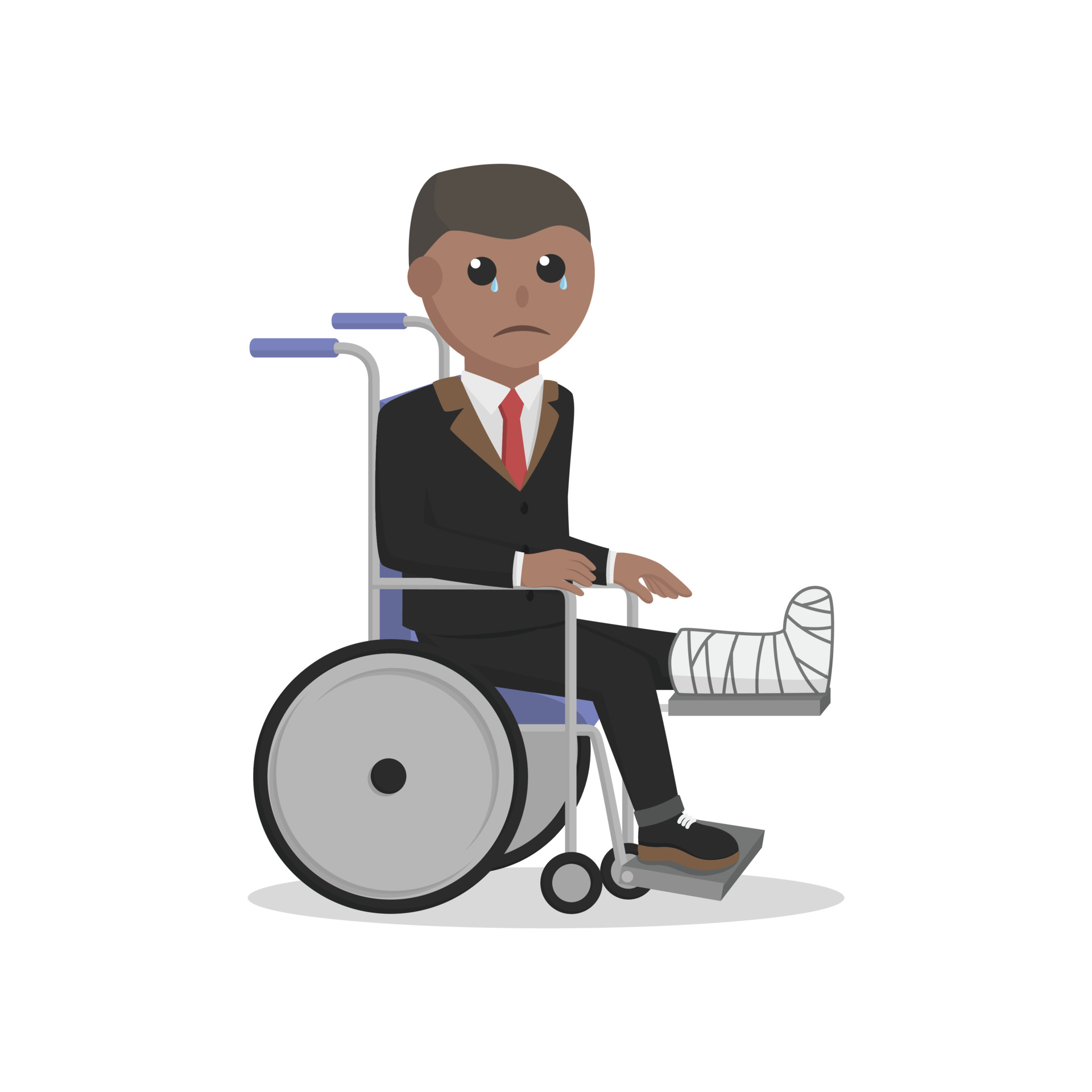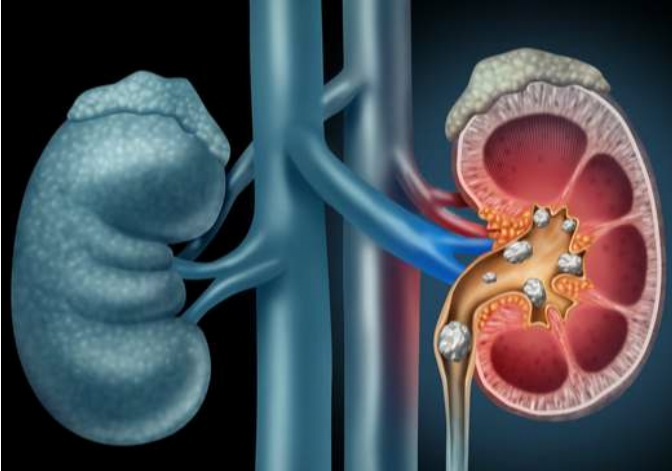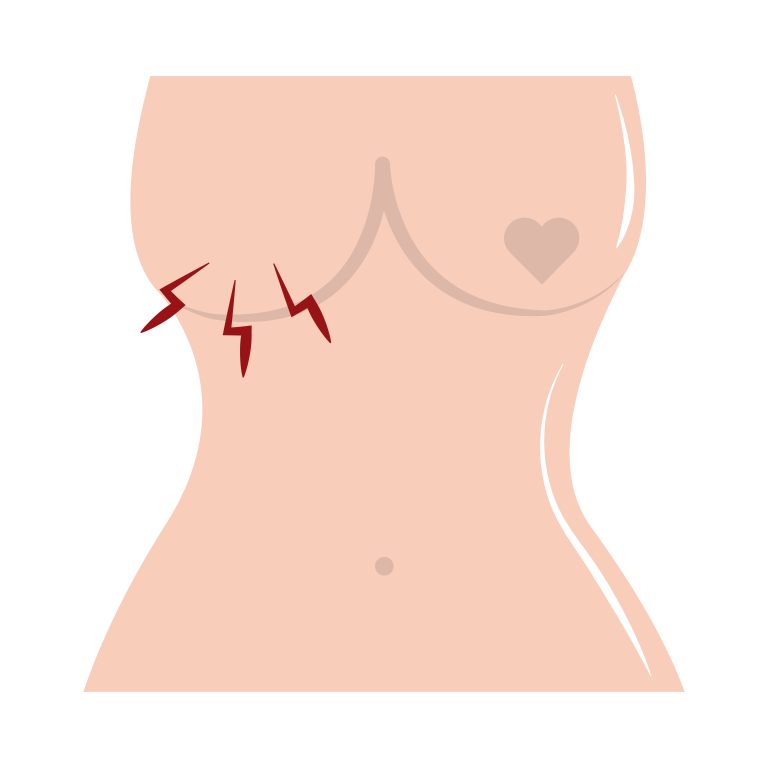Paralysis is a condition characterized by the loss of muscle function in part of the body. It can occur due to damage to the nervous system, specifically the spinal cord or brain. This damage disrupts the communication between the brain and muscles, leading to loss of movement and sensation in the affected area.
Types of Paralysis
Monoplegia
Paralysis that affects only one limb.
Hemiplegia
Paralysis affects one side of the body, typically due to damage to one hemisphere of the brain.
Facial paralysis
Paralysis that affects the muscles of the face is often caused by damage to the facial nerve.
The severity and extent of paralysis vary depending on the cause and location of the injury or damage to the nervous system. Treatment may include physical therapy, occupational therapy, medications, and, in some cases, surgery to repair damaged nerves or alleviate pressure on the spinal cord.




